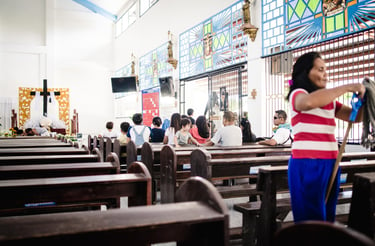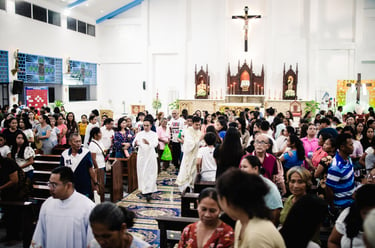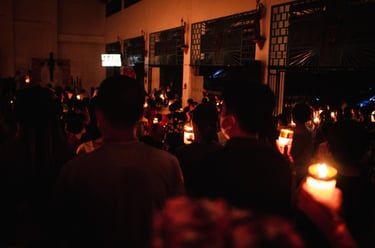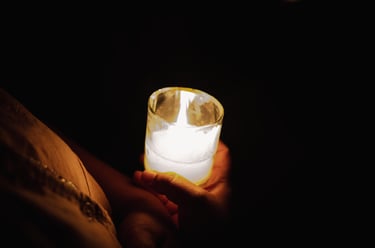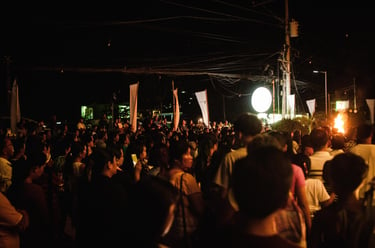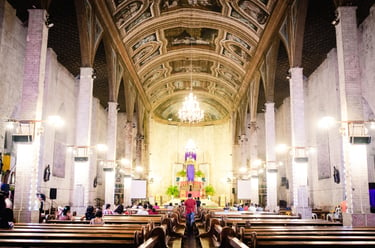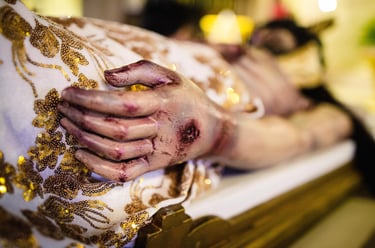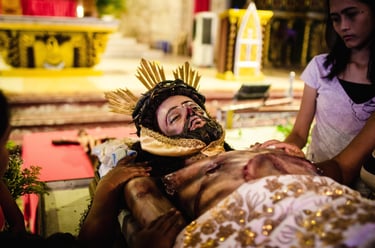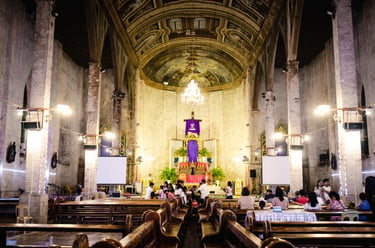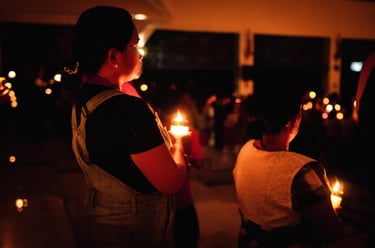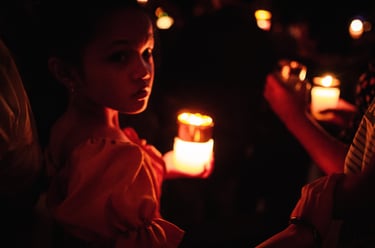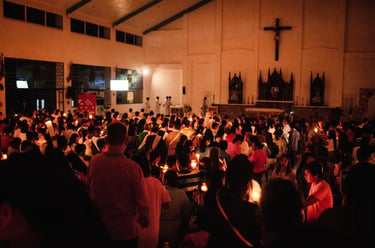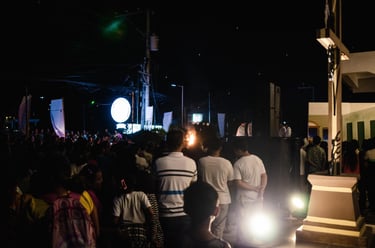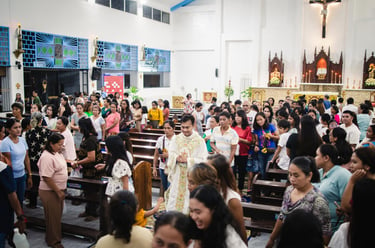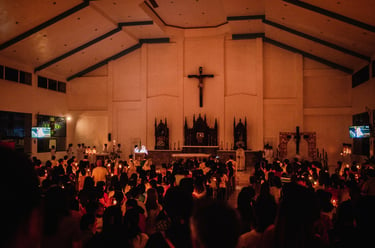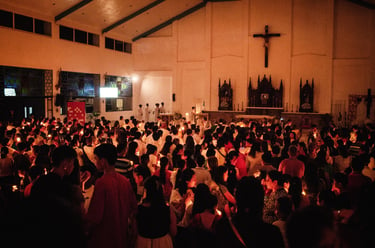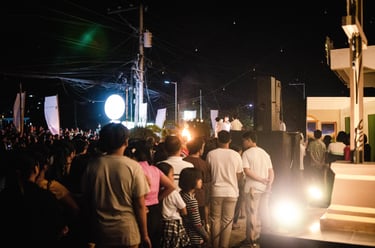Black Saturday - Holy Week: A Story & A Reflection
Delve into the hushed world of Black Saturday, the somber day between Good Friday's crucifixion and Easter Sunday's joyous celebration. Explore the profound meaning of this pause in the Christian calendar, a time of quiet reflection amidst grief and the dawning hope of resurrection. This blog post, inspired by Orson Scott Card's evocative storytelling, weaves a narrative tapestry rich with emotion and explores the significance of Black Saturday within the grand story of Holy Week.
PERSONAL REFLECTION
3/31/20242 min read
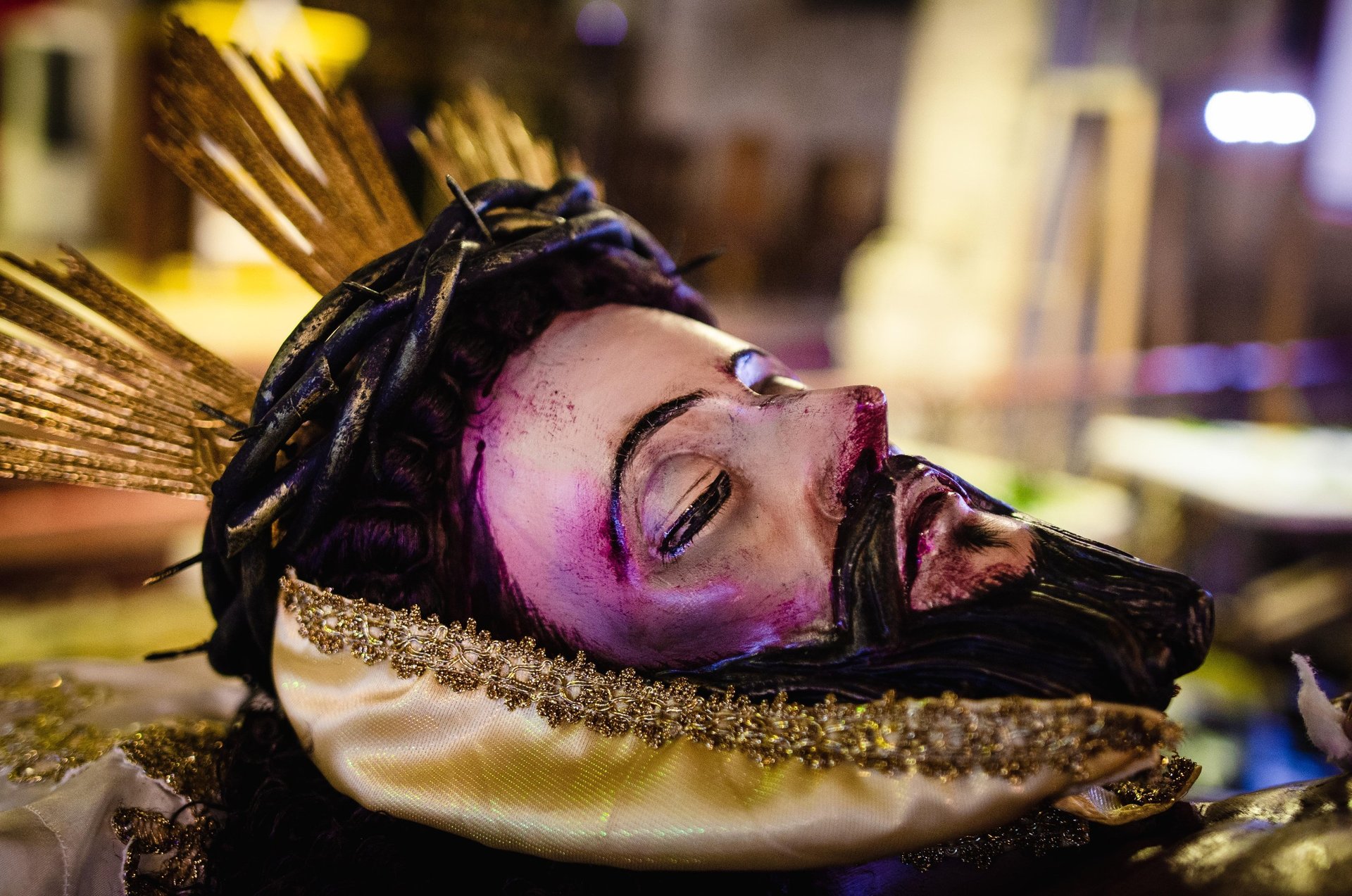

The world held its breath on Black Saturday. It wasn't a purposeful holding, not a collective sigh of despair or a unified moment of contemplation. It was the absence of breath, a vacuum left by the events of the previous day. Good Friday had roared through Jerusalem like a storm, leaving wreckage in its wake: God crucified, shattered disciples, and a city cloaked in a shroud of disbelief.
Black Saturday, also known as Holy Saturday or the Saturday before Easter, holds a unique position within the Christian calendar. It falls between the dramatic events of Good Friday, where Jesus is crucified, and the joyous celebration of Easter Sunday, marking His resurrection. This day, shrouded in a veil of mourning and quiet contemplation, carries a profound meaning for Christians around the world.
The sun, a silent witness to the brutality, climbed the sky on Black Saturday with a strange reluctance. Its usual vibrancy seemed muted, as if even light itself mourned the absence of the man who Himself its source. The streets, usually a cacophony of commerce and conversation, lay empty. The bustling marketplace was reduced to a graveyard of overturned stalls, abandoned produce withering in the afternoon heat. The air itself held a muffled quality, as if the very act of speaking felt like an intrusion on the world's grief.
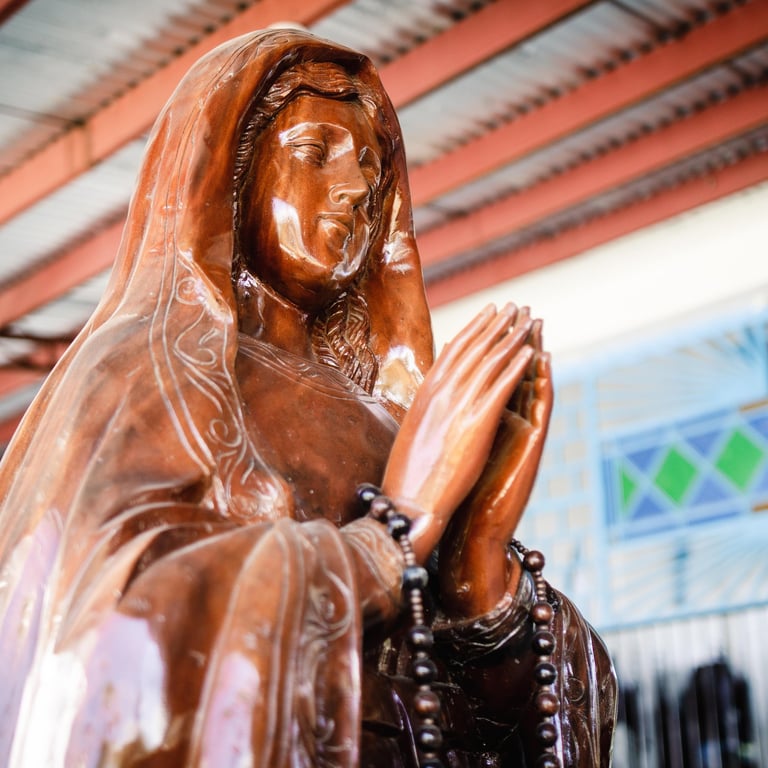
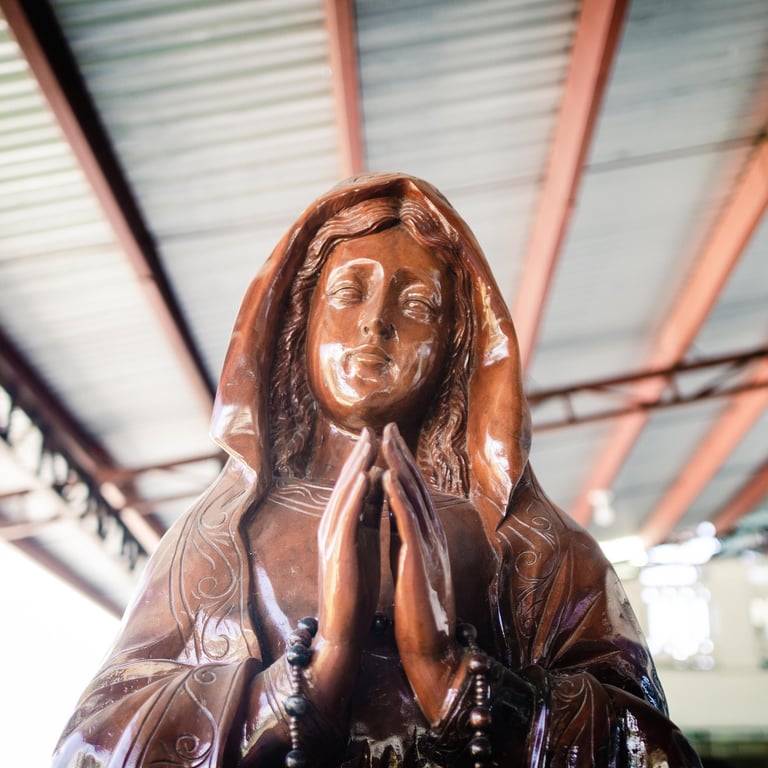
In the house of Mary, mother of Jesus, a heavy silence resided. The women huddled together, a tapestry woven from worry and bewilderment.
Peter, the man who swore unwavering allegiance, sat alone, his head buried in his hands. Every cockcrow felt like a mocking reminder, a cruel echo of his denial. Tears, hot and unexpected, streamed down his weathered face. Doubt, a serpent coiling around his heart, squeezed tighter with each passing hour. Was the silence around him the chilling confirmation of a terrible truth?
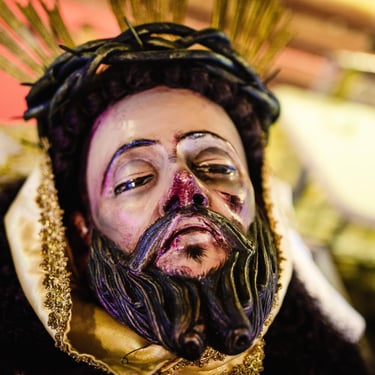


In the tomb, carved into the cool earth, Jesus lay unmoving. His body, once a vessel of healing and miracles, now bore the scars of human cruelty. Yet, even in the stillness, a power pulsed beneath the surface. It wasn't a physical force, but a presence, like the slow, steady hum of anticipation just before a grand performance. This silence wasn't emptiness, but a pregnant pause, a moment before the very fabric of reality would be irrevocably altered.
The high priest, the very man who orchestrated Jesus' arrest, paced behind locked doors. His face, usually a mask of smug authority, was etched with a mixture of anxiety and fear. The events of the past few days had shaken him to his core. The unnatural darkness, the earthquake that split the earth, the whispers of a resurrected Lazarus walking amongst them – they gnawed at his carefully constructed world order. Was this man truly the Son of God? Had he condemned an innocent man? Oh, we all know, for sure, he did.
Black Saturday served as a bridge between these contrasting emotions. It was a time for the world, both believer and skeptic, to come face-to-face with the enormity of what had transpired. It was a crucible where doubt and faith were both tested, where the embers of hope flickered precariously under the weight of grief.
Yet, even in the profound silence, a question lingered. Was this truly the end? Or was this the quiet before the storm, a necessary pause before a new chapter unfolded, a chapter filled with a promise so profound that it defied human comprehension? The answer, shrouded in the twilight of Black Saturday, would dawn with the rising of the Easter sun.
Check out my other writings, or photos & pictures or be home.
